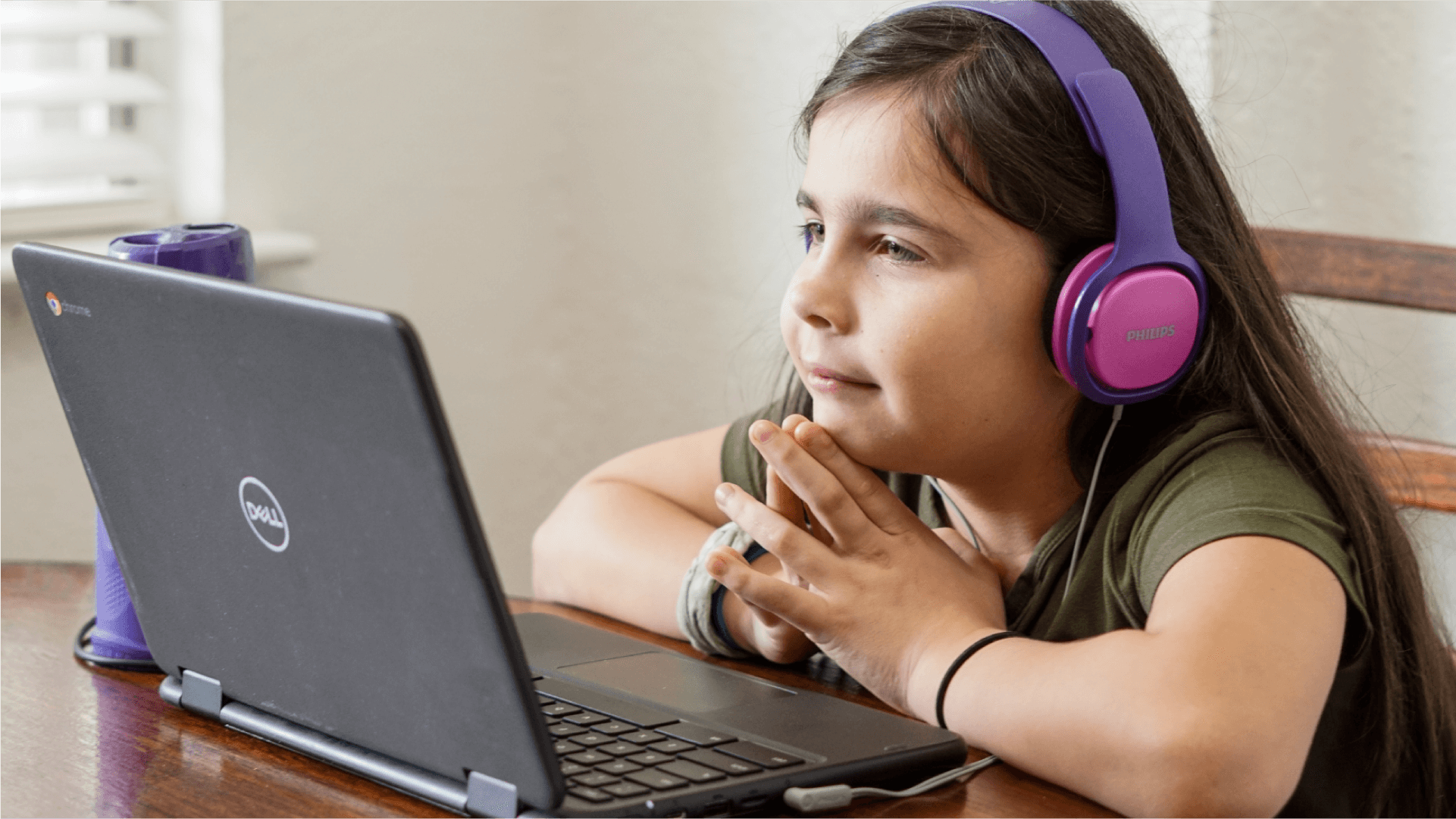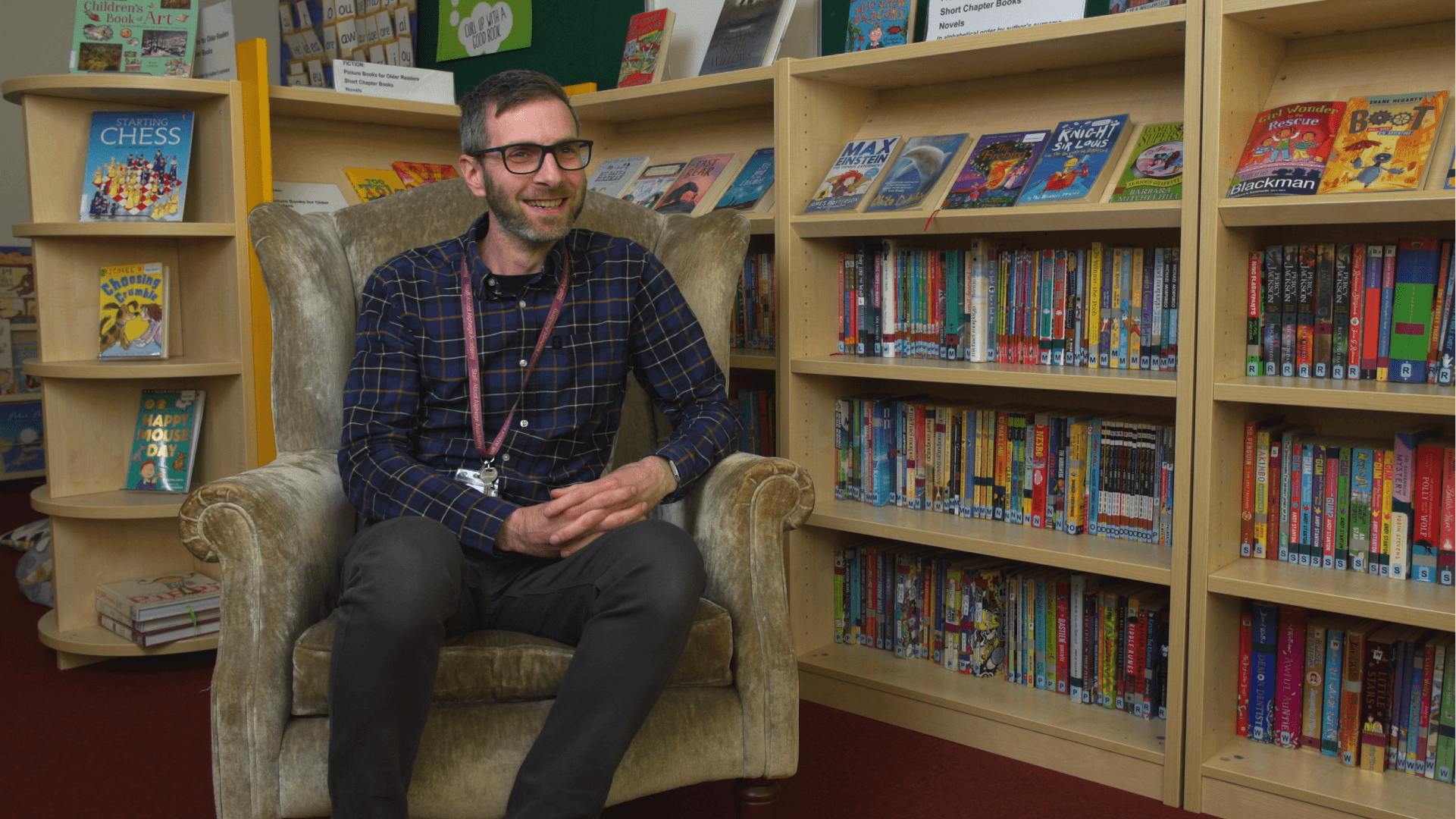The Digital Dilemma - Valuable screen-time or square eyes?

We all know that screens are BIG parts of our lives. From spending all day staring at screens in the office, to a quick flick through social media, passing time in that sweaty tin can of a train journey on our evening commute. But what about for our kids? ‘You’ll get square eyes’ is now a threatening mix of guilty parental feelings and growing concerns over the potential impacts of excessive screen time on well-being and development.
The Digital Dilemma is that special tension between the potential benefits and concerns associated with screen time. On one hand, we know that screens can be powerful tools for learning, creativity, and social interaction. Holistically, screens have led to a more connected world, broadening our horizons and allowing other cultures, languages and experiences into our own front rooms. AND we all felt the massive benefits for education and keeping connected during the pandemic...
On the other hand, excessive screen time has been linked to a range of concerns. In a recent BBC survey of over 2,000 UK parents, 79% felt that their children have been using screens more since the pandemic, with 67% concerned about what their child is viewing. In particular, they were worried about the violence depicted on screen, the addictive nature of certain content and the use of foul language.
Although these factors are a massive concern, we would argue that this comes down to a matter of content and life balance, rather than the issues being with screen-time itself. As parents, carers and teachers, we can empower kids to navigate themselves to safe and fun environments online, just as they would do in the real-world, and alerting adults when they feel unsafe.
Valuable screen-time, such as watching educational programmes or using apps designed for kids, can promote independent learning, discovery and improve communication skills. 70% of the parents surveyed said that it is important that the content their child accesses comes from a trusted source. Trusted sources build for kids on a solid, pedagogical (teaching) basis, grounded in research, and hopefully using educational experts. Make sure to read the ‘about us’ section on gaming websites to find out about the research behind the games. Making it fun and entertaining is important too, keeping those little brains engaged and focused.

Primary school teacher, Adam Samuel (Abbott Alphege Academy, Bath) argues that “just 10 - 20 minutes of play a day would really help to greatly improve their passion for reading and surely be a welcome distraction during a long car journey!” When I taught in primary school, I would use educational screen time with my year 4 class and the kids always thought it was a reward for their hard-work - a win-win situation!
Making sure that screen-time is balanced with real-life experiences is the second factor and this can be a real joy for both child and parent. Asking kids to count out the number of apples needed at the supermarket can really boost those number skills picked up in that maths song you were listening to before, and why not read some labels using those phonics skills while they’re at it too?
Useful screen-time also presents an opportunity for connection as a family. As Nadia, a parent and Teach Your Monster super fan, says “we all kind of snuggle on the couch and watch them play. It’s a very nice way of having family time, they’re learning and having fun at the same time.”
The same BBC study found that 65% of the surveyed participants agreed that screen time has the ability to foster creativity and communication and an overwhelming 93% said that they are interested in educational programming for their children.
Ultimately, screens aren’t going anywhere so fostering open communication, setting clear boundaries, and prioritising a variety of activities, we all have the opportunity to guide our children towards responsible and balanced usage, in a way that promotes healthy development and well-being. It's worth remembering that square-eyes can be looking through a window into a valuable world of learning.
Finally, check out this awesome animation from the BBC about getting square eyes!
Kay Leathers,
Ex-Primary School Teacher and Contributor at Teach Your Monster.